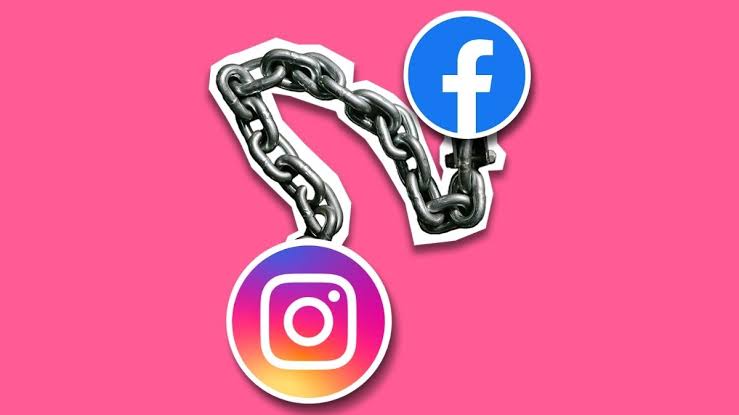For millions of people, Facebook and Instagram are more than just apps, they are digital diaries, professional tools, and gateways to communities that matter. It is very vital to know how to protect your Facebook and Instagram from getting hacked.
From sharing personal milestones to running a business page, these platforms have become essential to everyday life. But with this importance comes a rising risk: hackers are constantly targeting accounts, exploiting weak passwords, phishing scams, and careless online habits.
This guide breaks down the practical steps anyone can take to safeguard their accounts, protect their digital identity, and keep control over the communities they’ve built online.
Why Hackers Target Facebook and Instagram
- Personal data such as email addresses, phone numbers, and location information are valuable to cybercriminals.
- Compromised accounts can be used to scam your friends or followers.
- Hackers may try to use your account for spreading spam, phishing links, or financial fraud.
Step 1: Use Strong and Unique Passwords
- Choose a password that is long, with a mix of letters, numbers, and symbols.
- Avoid using birthdays, names, or simple phrases like “123456” or “password.”
- Do not reuse the same password across multiple platforms.
Step 2: Enable Two-Factor Authentication (2FA)
- Turn on 2FA from your account settings.
- Use an authenticator app like Google Authenticator or Authy instead of SMS for better security.
- This ensures that even if your password is stolen, a hacker cannot log in without the verification code.
Step 3: Monitor Login Activity
- Facebook and Instagram allow you to check active logins under “Security” in settings.
- If you see an unfamiliar device or location, log it out immediately.
- Change your password after removing unknown sessions.
Step 4: Be Careful with Links and Messages
- Avoid clicking suspicious links sent via direct messages or comments.
- Hackers often use phishing messages pretending to be official notices.
- Always check the sender’s account authenticity before responding.
Step 5: Update Your Apps and Devices Regularly
- Install the latest versions of Facebook and Instagram to benefit from new security patches.
- Keep your phone and operating system updated.
- Outdated software is more vulnerable to hacking attempts.
Step 6: Review Third-Party App Permissions
- Both platforms allow you to connect apps and websites to your account.
- Revoke access for any app you do not use or recognize.
- Limit permissions to only trusted apps that are necessary.
Step 7: Secure Your Email Account
- Your email is often the recovery method for hacked accounts.
- Use strong passwords and 2FA for your email as well.
- A hacked email can lead to compromised social media accounts.
Step 8: Be Wary of Public Wi-Fi
- Avoid logging into your accounts on unsecured public networks.
- If necessary, use a VPN to encrypt your connection.
- Public Wi-Fi is a common entry point for hackers.
Conclusion
Securing your Facebook and Instagram accounts is a continuous process. Strong passwords, two-factor authentication, cautious online behavior, and regular account reviews are your best defenses against hackers. By taking these precautions, you reduce your risks and keep your digital presence safe.
FAQs on How to Protect Your Facebook and Instagram from Getting Hacked
How do I know if my account has been hacked?
You may notice strange posts, password reset emails, or login attempts from unknown locations. This is why it’s very important to know how to protect your Facebook and Instagram from getting hacked.
Can I recover my Facebook or Instagram if it gets hacked?
Yes, by using the “Forgot Password” option or contacting support, but recovery can be difficult if the hacker changes all details.
Is two-factor authentication really necessary?
Yes, it adds an extra layer of protection even if your password is compromised.
Are password managers safe to use?
Reputable password managers are secure and can help you generate and store strong, unique passwords.
What should I do if I click on a suspicious link?
Change your password immediately, log out suspicious sessions, and scan your device for malware.





